Last week I came across the 90-second rule again. You know it, emotions only last 90 seconds unless you feed them with thoughts. Dr. Jill Bolte Taylor, Harvard neuroscientist, stroke survivor, wisdom dispenser.
I've written about this before. Recommended it. Shared it.
But this time something felt off. Maybe I'm just getting more suspicious. Maybe I've been burned too many times by things that sound good but fall apart under scrutiny.
Either way, I actually looked it up.
The Moment Everything Falls Apart
Started searching. Expected to find the studies backing this up. The peer-reviewed papers. The replication research.
Found nothing.
Well, not nothing. Found hundreds of therapy blogs, wellness articles, and LinkedIn posts all citing the same source. My Stroke of Insight by Dr. Jill Bolte Taylor.
No actual studies. No peer review. Just one woman's observation during her own stroke recovery, presented as universal neuroscience.
The more I dug, the worse it got. She never identified which chemicals. Never explained the 90-second timeline. Never cited a single study. And the actual research on neurotransmitter duration doesn't match at all.
Serotonin clears in about one second. Adrenaline effects linger up to an hour. Cortisol stays elevated for hours. None of this is 90 seconds.
And I had believed it. Recommended it. Written about it like it was fact.
Fuck.
The First Draft Was Defensive and Wrong
First instinct, bury it. Pick a different topic. Pretend I never promoted this in the first place.
Second instinct, write a defensive piece about how it's still useful even if it's not technically true.
Both options felt cowardly.
The actual interesting thing wasn't the debunk itself. It was why I believed it. Why therapists believe it. Why it spread so far despite having zero scientific backing…
Because we want simple.
We want a number. We want control over something that feels wildly out of control. And when someone with credentials gives us that, we don't ask questions. We just nod and pass it along.
Finding the Actual Angle
The question wasn't whether the 90-second rule is true. It was why we keep falling for simple fixes to not so simple problems.
That's where it gets interesting. That's where I get honest.
Started over.
Lead with confession, I believed this too.
Show the research or lack of it.
Land the punch, not true but useful.
Give permission, if it works keep using it. But stop pretending it's science.
The contrarian turn isn't that this rule is BS. That's just fact checking. The contrarian turn is that if counting to 90 helps you, great. But stop blaming yourself when it doesn't. You're not broken. The rule was.
What I Cut
The righteous anger. First draft had a whole section about how irresponsible it is for therapists to repeat this. Felt good to write. Made me sound like an asshole. Cut it.
The detailed neuroscience. Had paragraphs explaining reuptake mechanisms, half lives, the HPA axis. Interesting to me. Boring to everyone else. Cut it.
The complete solution. Tried to end with here's what actually works instead. Realized I don't know. And pretending I do is exactly the problem I'm calling out. Cut it.
Multiple examples. Had stories about other self-help myths, other oversimplified neuroscience. Diluted the focus. Cut it all.
What's left is one confession. One debunk. One punch. Permission without preaching.
Next Monday
I'll do this again. Find one thing that actually makes me stop and think. Chase down what's true instead of what sounds good. Try not to ruin it by pretending I have all the answers.
Some weeks it'll work. Some weeks it won't.
// Ann
